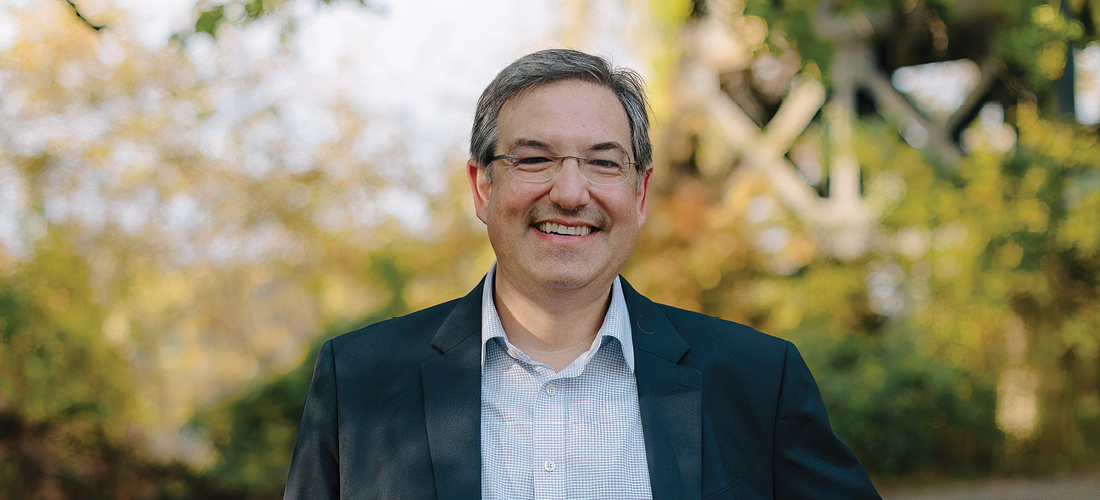
(Photo of Zachariah DeMeola by bettyclicker/ABA Journal)
DeMeola, whose work includes developing a professional identity formation program for the LSAC’s subscription-based platform, LawHub, says the term refers to practice skills and competencies that allow students to define their roles in the profession.
The son of a plumber and a secretary also claims professional identity formation can create space for all law students, including first-generation college graduates, which has been a struggle.
“When I was a kid, I didn’t understand the system. I kind of ambled my way through. It’s a major reason for my motivation to improve the legal system, including legal education, and help others navigate it,” DeMeola says.
The importance of professional identity was acknowledged by the ABA Section of Legal Education and Admissions to the Bar in 2022, when it added language about the subject to Standard 303, which addresses curriculum. The change directs schools to provide students with professional identity development opportunities.
DeMeola learned about professional identity while working for the Institute for the Advancement of the American Legal System, an independent research center housed at the University of Denver. The former litigation associate at Mayer Brown and Baker & Hostetler saw an IAALS job posting in 2017 and decided to apply. In his cover letter, DeMeola wrote that private practice wasn’t a good fit. “I did my best to just be myself. I told them I wasn’t fulfilled, but I think I would be fulfilled if I came and joined you,” he explains.
His work included exploring how to use data and insights from a 2016 IAALS study, Foundations for Practice: The Whole Lawyer and the Character Quotient. It was based on a survey of 24,000 lawyers who were asked questions about what skills, professional competencies and characteristics made attorneys successful. Many respondents indicated that having common sense, knowing how to write well and being a good listener were more important new-lawyer traits than having legal skills.
Respondents also were asked about candidates’ prior job experiences. One employer said it would want to know if someone had managed a fast-food restaurant because that would show the person was a hard worker and could handle customer service.
DeMeola admits some new lawyers may not want to advertise their fast-food experience because the legal profession puts significant emphasis on traditional prestige factors. “Lawyers will tell us they want something, but they won’t behave the same way when it comes to actual hiring practices. We tried to use the data to get a shift in behavior,” says DeMeola, 45.
Prior to becoming a lawyer, DeMeola worked as a short-order cook, a jazz club host and a paralegal. He initially enrolled at Tulane University Law School in 2005 but left after Hurricane Katrina hit. After working for a few years, he went to William & Mary Law School, graduating in 2010.
“After Hurricane Katrina, I had the opportunity to reassess what kind of a lawyer I wanted to be, and I was mindful that I was entering law school as an older student with work experience,” says DeMeola, who lives in Virginia.
While at IAALS he worked with fellow 2023 Legal Rebel Natalie Anne Knowlton, and the two recently formed Access to Justice Ventures, a consulting and information group. They plan to educate the legal profession and other industries as well about what they see as a connection between access to justice, legal services innovation and regulatory reform.
Sonja Ebron and Debra Slone of Courtroom5
Uzoma Orchingwa and Gabriel Saruhashi of Ameelio